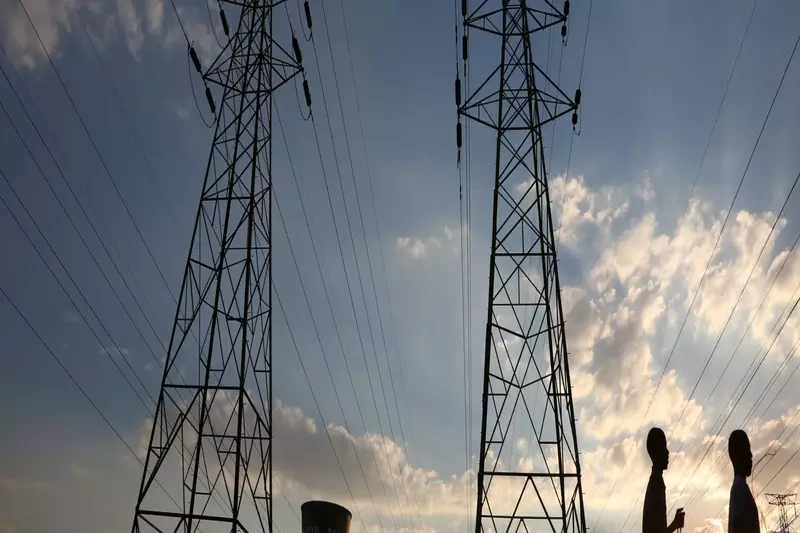Kola Adesina, group managing director of Sahara Power Group, has estimated that it will take around five years for African nations to invest an average of $40 billion in their power grids in order to provide stable electricity to their citizens.
According to forecasts, there would be a rise in energy consumption throughout Africa in the upcoming years, Adesina stated in a keynote speech he gave on “the Future of Power in Africa” over the weekend at the Lagos Business School (LBS).
He pointed out that by 2040, this demand might be about 30% more than what is currently possible, and he emphasised the need for all stakeholders to work together to strengthen the continent’s power systems through ongoing investments.
Massive investment in Africa’s grids is necessary, he said, to increase access, boost system dependability, and make it easier to integrate variable renewable energy sources.
In comparison to the 2016–20 timeframe, Adesina continued, “annual investment in power systems should more than triple in the 202–63 decade, hitting $40 billion per year on average. The majority of this amount comes from distribution networks.
He said that Africa must continuously pursue access to electricity given the anticipated rise in energy and electricity consumption. “In 2021, 590 million people in sub-Saharan Africa—or 43% of the continent’s population—would still lack access to power,” he stated.
Adesina estimates that in order for every African to have access to electricity by 2030, 90 million individuals, or 6% of the present total population, would need to get access.
To fulfil the anticipated rise in electricity consumption, Africa will need to produce 575 terawatt-hours more energy in 2030 than it did in 2020, or an average growth rate of 5% each year, he continued.
According to energy experts, the majority of the continent’s electricity is currently produced by thermal power plants. These include older, typically smaller oil fuel plants almost everywhere, gas in many coastal areas, including North Africa, coal in South Africa, and gas in many other coastal areas.
According to industry predictions, African power players will increasingly deploy drones and digital technologies including smart metres, outage management systems, and geographic information systems.
Adesina urged market changes and listed the top priority areas for action, including the use of concession agreements to award rights to private operators and reforming the tariff structure. Others include the implementation of auctions and competitive tendering as well as legislative exemptions for private sector ownership and investment. In 24 African countries, he said, “reforms to make power pricing cost reflective have been put into place or are being discussed.

